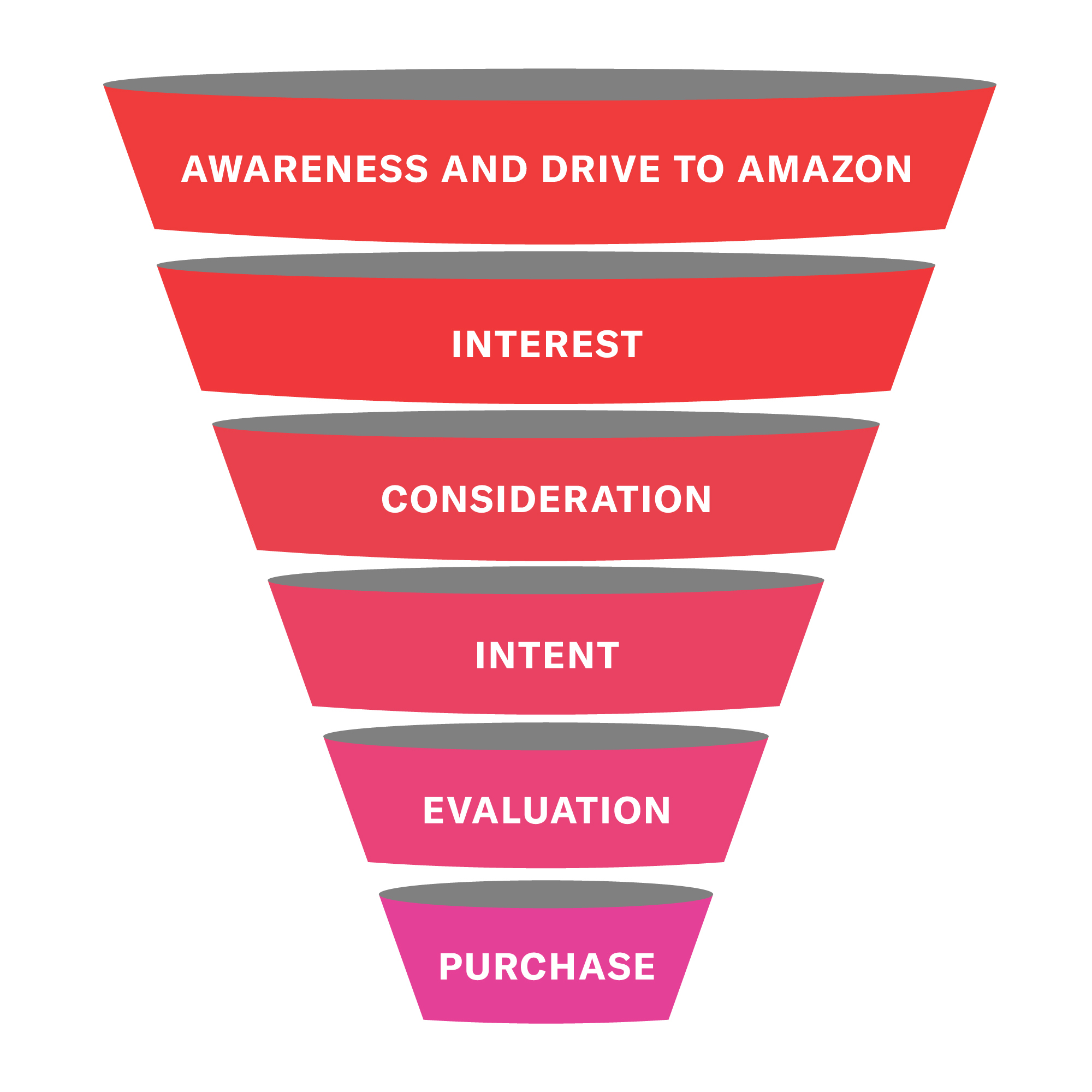
The holidays are a time for giving and receiving, but sometimes the gifts you receive are just not what you want. You may not need the fire engine red pair of reindeer socks that your Great Aunt Hannah gifted you. While her intentions were probably good, you may find yourself wishing you had received something else instead. You can always return a gift if you feel this way.
Refund a gift
There are many reasons to exchange a gift if it does not fit. This isn't a sign that you are ill-intent. The gift giver may feel overwhelmed, but the return is a sign of your care. Or you may have a more realistic perspective of the situation, and you wish to avoid future heartache. It doesn't really matter which way you look at it, but it is important to remember a few key points.

Online retailers' return policies
Online retailers need to deal with returns. According to the National Retail Federation (NRF), consumers will return $101 trillion worth of products by 2020. Additional costs for returning products to customers will be borne by retailers.
Costco's return policy
Costco's return policy is very generous and offers multiple refund options. Costco doesn’t have a time limit for returning items. However, the original receipt (or receipts) must be present. You must also be a Costco member to be eligible under the return policy.
Bed Bath & Beyond returns policy
Bed Bath & Beyond provides a simple returns policy that covers many of its products. You can return products up to 90 day after they are purchased. The store will either issue a store voucher or credit. Gift cards can also be returned to the store. If the item has not been opened, the store will pay shipping and handling charges.
Amazon's Return Policy
Amazon allows you to return your products within 30 days to receive a full refund. This policy does not apply to items that were purchased more than a month ago. Amazon has detailed instructions for returning an item. The company can be reached by phone or via chat. A customer service agent will provide you with detailed instructions for return. Amazon will issue a return in the form either cash or gift cards once the return is completed. The money will be deposited into the account within 4-5 business days.

Exchanging a gift
You can exchange a gift you don't like for another one. Some retailers will allow you to return your gift without providing a receipt. However there may be time limits or restocking costs. It is not always a good idea to return gifts, even though it can be embarrassing. A few rules are important when it comes to returning gifts.
FAQ
Should I be concerned about my privacy while shopping online?
It is vital for consumers to find out what information they are giving up when they use Amazon.com. Asking consumers if they would like to share their personal data with Amazon is a good idea. If you do not wish to provide this information, you might have to limit your shopping at sites where you feel comfortable sharing private data.
How can I do smart shopping online?
Smart shopping online allows you to save money and not compromise on quality. Here are some suggestions:
First, shop around. Compare prices and see which store offers the best deal.
Secondly, consider using cash back apps such as Ebates. They are similar to cashback program found in physical stores. Their app allows you to earn points based upon how much you spend. You can then redeem these points for gift cards, or discounts.
Look out for promo codes. They can be found at sites such as RetailMeNot.com. You just need to enter the code when you checkout. You will instantly see your savings.
Don't forget about clearance sections. There are often amazing deals available on high-end brands at reduced prices.
Are there any other things I should know when buying clothes online?
Before buying clothes online, you need to be aware of several things. First, make sure you know your size. It might seem obvious, however most companies do not provide this information so you will have to guess.
Be aware of shipping costs. Shipping costs can vary depending on which item you purchase. Also, make sure you know exactly where your package is going. Some items ship directly to the manufacturer, while others go through third-party warehouses. This can alter delivery times.
Read reviews. There are plenty of bad experiences out there. Don't let others' experiences affect yours.
Statistics
- Beyond that, you'll be liable for a 25% import tax. (makeuseof.com)
- The vast majority only change a password to protect privacy a few times a year (27 percent) or, more likely, never (35 percent). (pcmag.com)
- An approximately 90% increase in price affords Hotel X the opportunity of extreme profits under severe circumstances. (dos.ny.gov)
- Your Online Purchases 79% of Americans purchased goods and services online in 2018, which is expected to exceed 90% in 2023. (meetfabric.com)
External Links
How To
How to shop online safely
Online shopping can be one of the most convenient and cost-effective ways to purchase goods or services. But this convenience comes with a price. While there are many benefits to buying from an online store but also risks. Identity theft is the biggest threat. Identity theft is the biggest risk. Identity thieves can use your personal information (name, address and credit card number) in order to steal money or make fraudulent loans against you. They will then sell your stolen information to the black market. Here are some tips to help you keep your business online safe.
-
Use secure websites. Most online stores offer free SSL encryption to protect customers' information. It means that any information entered onto their website such as names, addresses and phone numbers is encrypted so that only you have access to it. It makes it impossible for anyone to read what you input. When you are choosing an online store to do business, make sure they have a valid certificate from a recognized CA. When browsing, look for the padlock icon in the URL bar.
-
Do not give out your password. When you first sign up for a new account, you usually receive an email asking you to confirm your email address and/or username. Make sure you don't share these credentials with any third party. Don't keep them in your wallet. They could also be used to access your accounts if you lose your wallet. Instead, store them on your computer. Also, it is important to change passwords every three months.
-
Keep track of your orders. Track where you send packages if you're sending items to other people or yourself. Many people are tricked into believing they have sent something, but it was actually delivered to another person. Before paying for shipping, make sure you verify the tracking number. Never ship anything without receiving proof of delivery. If you aren’t satisfied with your service, contact the company as soon as possible.
-
It is important to know who you are dealing. Many websites ask you for sensitive information, including your full name, date and birth, Social Insurance Number, bank routing number, and social insurance number. These details are used to identify you. If you're unsure whether a website needs this information, just Google "what does need?" You'll find many answers.
-
Pop-up windows are a danger. Many sites bombard you with pop-ups advertising deals, special offers, and other products. While some advertisements might appear legit, others will trick you into sharing private information. For example, a fake antivirus program might request your credit card number, social insurance number, and banking information. Don't click on any links that seem suspicious to avoid being tricked.
-
Phishing scams can be dangerous. Phishing scams involve hackers posing as reputable companies to trick consumers into handing over their financial information. Phishers will often send emails that appear to come from banks and retailers encouraging customers to log into their accounts and update any information. Once your financial information has been given, hackers can take control of your finances. Hackers can also empty your bank accounts and transfer funds between accounts. You have many options for identifying a scam email, including How to Spot Phishing Scams.
-
Do your homework. Make sure you read the fine print before agreeing to a deal. The terms and condition of any contract you sign must be easy to comprehend. It is important to carefully read the terms and conditions. Saving money is as simple as avoiding hidden fees and charges.
-
Always shop around. Don't be afraid to shop around. Compare prices from different websites until you find a good deal. Also, compare shipping costs when ordering multiple items. Shipping costs will vary depending on which website they are from. For fast shipping, it's worth paying an extra.